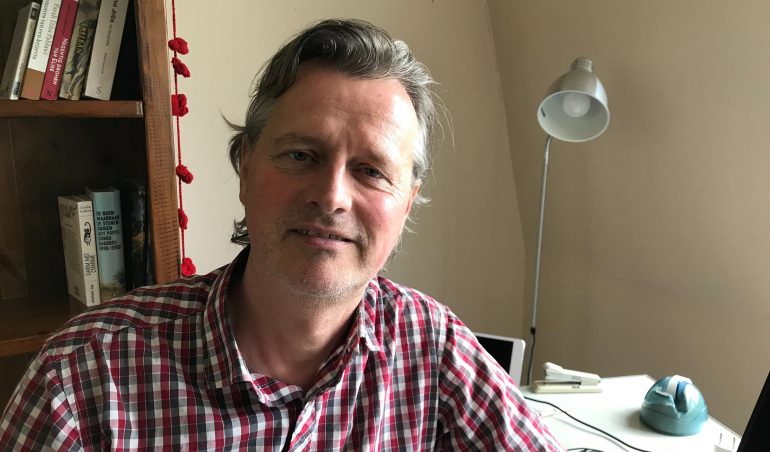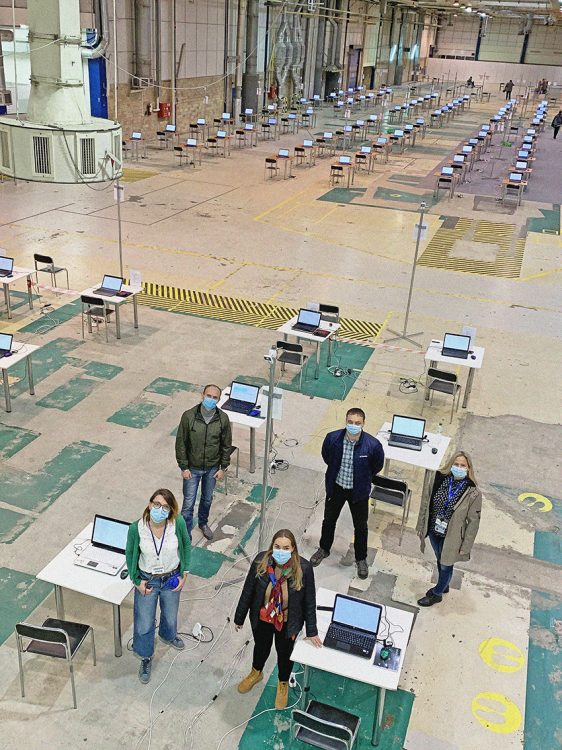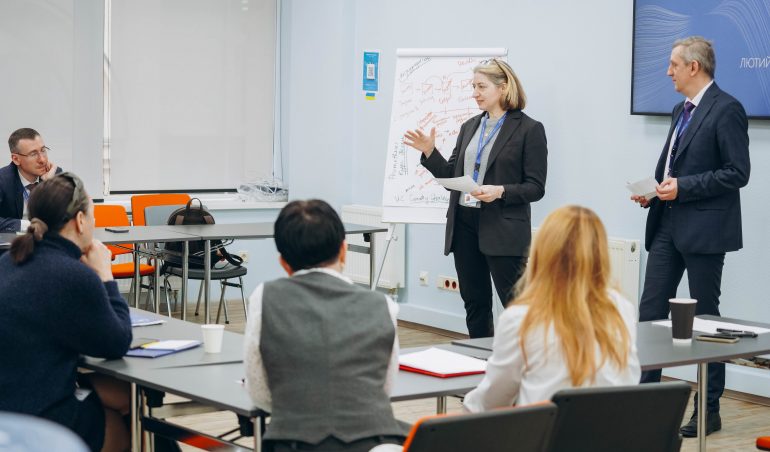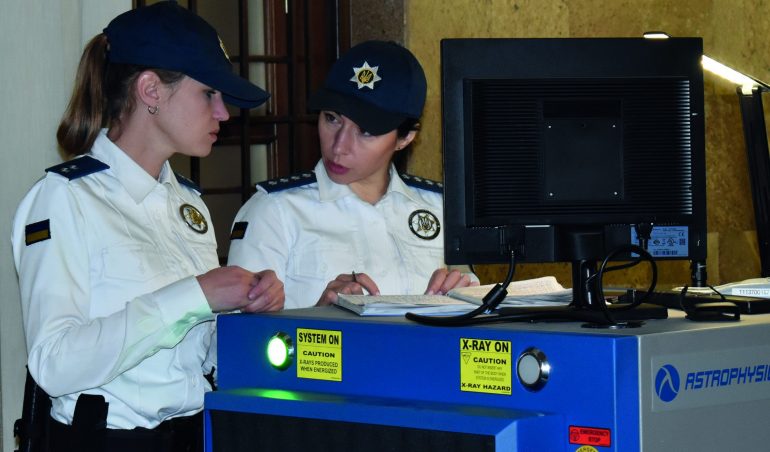Justice: Ukraine’s Prosecution Attestation Process reaches its final stage
May 14, 2021
EUAM’s Senior Adviser on Criminal Justice, Guido Oestreich from Germany, on the current status of the Attestation Process which has impacted all levels of the Ukrainian Prosecution service. The process, one of the most ground-breaking justice-related reforms in recent years, is close to being finalised.
Can you briefly describe the Prosecutorial reform situation in Ukraine?
Guido Oestreich: Over the last year and a half, Ukraine’s Prosecution Service has gone through a wave of reforms and changes in management following President Volodymyr Zelensky’s sweeping electoral victories. At the heart of these reforms is the Attestation of all Prosecutors, a comprehensive root-and-branch re-evaluation of all the Prosecutors in the country, which involves integrity checks as well as legal knowledge and general aptitude tests. Besides this main aim to increase integrity in the Prosecution Service, an additional aim is to reduce the total number of Prosecutors (at central, regional, district, and military level) to less than 10,000 in line with the European average of the number of prosecutors in relation to the total population.
What is the actual stage of the Attestation process?
G.O.: The Attestation has proceeded speedily and in an overall positive manner, despite delays and complications caused by COVID-19. The Attestation of local Prosecutors – the last stage – was finalised on 21 January 2021. Out of about 11.000 Prosecutors summoned, so far two-thirds have successfully passed the Attestation whilst around 1/5 failed. The remaining group, for various reasons, has not yet managed to complete the process.

At the central level, in the Prosecutor General’s Office (now OPG), out of an initial 1,339 Prosecutors, less than half passed and were admitted to the new structure. At the regional level, the percentage of Prosecutors who passed was higher, close to 2/3. Finally, at the local level, out of the 6,700 Prosecutors initially admitted to the process, more than 4,500 passed successfully.
What lessons can be learned from this transition process?
G.O.: It is interesting to notice that the biggest dropout happened in the course of the two computer-based test stages on professional competence and general skills. For the test on general skills test, an explanation could be as simple as a lack of familiarity with modern testing of abstract thinking by the community of the Prosecutors. It is also worth noticing that a significantly small number of Prosecutors (382) did not apply for Attestation (and were consequently dismissed). The vast participation, apparently, shows allegiance by the Prosecutors to the Office that they represent.
The Attestation procedure has been brought forward by the OPG with clear determination, despite many difficulties, in line with the clear political will that has spearheaded the reform of 2019.
The completion of the Attestation of Prosecutors is among the priorities for 2021. However, it should not be forgotten that Attestation, while being an important step in reshaping the prosecution system, is only the first. Additional steps must be taken to create a modern and sustainable Public Prosecutor Office, in line with the standards recognised and commonly applied in Western Countries, for instance, a transparent and solely merit-based recruitment and promotion procedure.
 How exactly was EUAM involved in this Prosecutorial reform?
How exactly was EUAM involved in this Prosecutorial reform?
G.O.: EUAM has strongly supported the OPG and in particular the Attestation procedure. Since August 2019, the Mission, in cooperation with the EUDEL, CoE and projects supported by the USA, has advised the Prosecutor General on the draft orders for the implementation of the Attestation procedure. Then, operational support followed, from the planning process of the Attestation stages to the monitoring and direct support to the execution of the different test and interview stages, including the review of Prosecutors’ profiles through background checks.
In total, 44 Mission members from various components and offices of EUAM were engaged in the support. Some of them were involved full-time over weeks and months. In addition, the Mission’s transport, logistics, and security units extended great support. As a mission member, at any level, one can only be proud looking back at the internal cooperation in the Mission and to the positive results that it has yielded.
According to you, what are the future steps on the way to prosecutorial reform?
G.O.: The Attestation procedure has proven to be resilient: it survived changes at the institutional level and then COVID-19. However, legal and other challenges to Attestation will remain for some time, for example in relation to the more than 1,850 cases currently pending in different courts. The number of decisions in favour of the plaintiffs is slightly increasing, but fortunately, it has not become systemic.
The Mission will continue providing advice in this crucial process, be it to the litigation in court, to finalise operational necessities such as outstanding tests for the remaining Prosecutors, or to render practical support to the interview process.
Challenges notwithstanding, the reform of Ukraine’s Prosecution Service is one of the most important bricks in Ukraine’s new wall of justice. How things proceed from here will depend on the country’s current political leadership.





